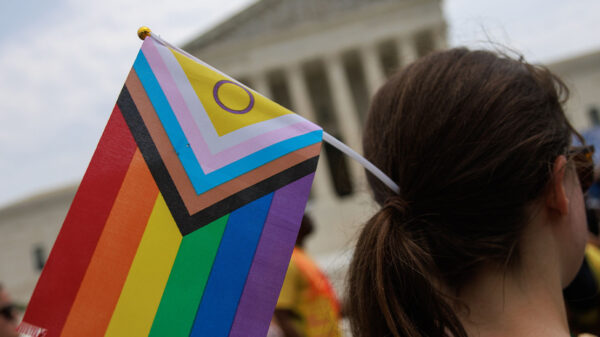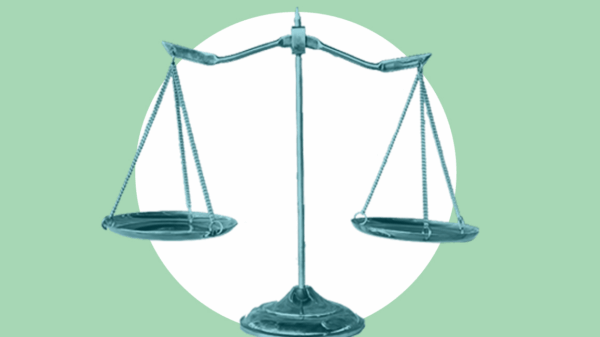PORTLAND, Ore.—The ACLU of Oregon today filed a friend-of-the-court brief with the Oregon Court of Appeals in Klein v. Oregon Bureau of Labor and Industries (BOLI). The United States Supreme Court sent the case back to the state court after the ruling in Masterpiece Cakeshop v. Colorado Civil Rights Commission. In Masterpiece Cakeshop, the Supreme Court overturned a Colorado ruling against a baker who refused to serve a gay couple because the government exhibited anti-religious bias in reaching its conclusion that the baker violated Colorado’s non-discrimination law.
The ACLU of Oregon brief argues that BOLI’s actions in the Oregon case did not exhibit hostility to religion, that state anti-discrimination laws protect Oregonians who are refused service based on their sexual orientation, and that the Oregon court should reaffirm its original decision.
P.K. Runkles-Pearson, a partner at Miller Nash Graham & Dunn LLP, represented the ACLU of Oregon pro bono. She had the following comment:
“Religion is not a license to discriminate. Longstanding Oregon law protects people from discrimination in accessing publicly available services. The Oregon court made the right decision the first time around. The ACLU will continue to fight to ensure that all people are treated fairly in Oregon.”
Related Content

"We Do No Such Thing": What the 303 Creative Decision Means and Doesn't Mean for Anti-Discrimination and Public Accommodation Laws
Stay Informed
Sign up to be the first to hear about how to take action.
By completing this form, I agree to receive occasional emails per the terms of the ACLU’s privacy statement.
By completing this form, I agree to receive occasional emails per the terms of the ACLU’s privacy statement.


